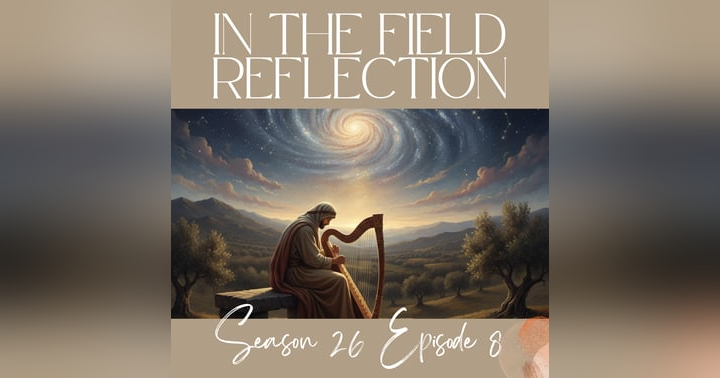Hope's Anchor: Finding Stability in Faith

The sixth chapter of Hebrews stands as one of the most complex yet comforting passages in the New Testament, offering both stern warnings and profound promises. When approached with an open heart, this scripture reveals itself not as a threatening ultimatum but as a passionate plea to recognize the unshakable nature of God's faithfulness—even when our own faith wavers. In a world full of uncertainty, it is here that we begin finding stability in faith, not by relying on our strength, but by anchoring ourselves in the eternal promises of the One who cannot lie and never changes.
At first glance, Hebrews 6 presents challenging concepts about spiritual maturity and the dangers of falling away from faith. The author urges believers to "go on toward perfection," moving beyond foundational teachings to deeper spiritual understanding. This progression isn't meant to overwhelm but to inspire growth—not unlike how a parent encourages a child to take their next developmental step. The text speaks of those who have "tasted the heavenly gift" and "shared in the Holy Spirit" yet fallen away. These warnings aren't written to instill fear but rather to highlight the seriousness of our spiritual journey. The agricultural metaphor about ground that receives rain resonates with anyone who has tended a garden—what matters isn't just receiving nourishment but producing fruit that honors the cultivation.
Perhaps the most beautiful aspect of Hebrews 6 emerges when the author pivots from warning to encouragement. The declaration that "God is not unjust" transforms the tone entirely. God remembers our works of love, our service to others, and our faithfulness—even when we cannot see the impact ourselves. The chapter then introduces a stunning metaphor: hope as "a sure and steadfast anchor of the soul." Unlike worldly hope, which often amounts to uncertain wishing, biblical hope functions as an anchor secured not in shifting sands but in the immutable character of God. When God made promises to Abraham, He swore by Himself—there being no higher authority—creating an unbreakable covenant. This same faithfulness extends to believers today, offering not just comfort but profound security. Our hope isn't anchored in our own ability to remain faithful but in One who has already entered "behind the curtain" into God's very presence on our behalf—Jesus, our eternal high priest.
The practical application of Hebrews 6 transforms how we face life's uncertainties. When we truly grasp that our spiritual anchor holds firm regardless of surrounding storms, we approach challenges differently. We needn't panic when doubts arise or circumstances seem overwhelming. Instead, we can proceed with quiet confidence, knowing that the One who called us remains faithful. This doesn't mean ignoring difficulties or pretending everything is perfect. Rather, it means facing realities with the deep assurance that our ultimate security lies not in our perfect performance but in God's perfect promise. When we live from this anchored position, endurance becomes possible not because we try harder but because we trust better. Communities formed around this understanding of hope don't just survive hardships—they become living testimonies to a hope that refuses to fade, even when everything else suggests it should.



